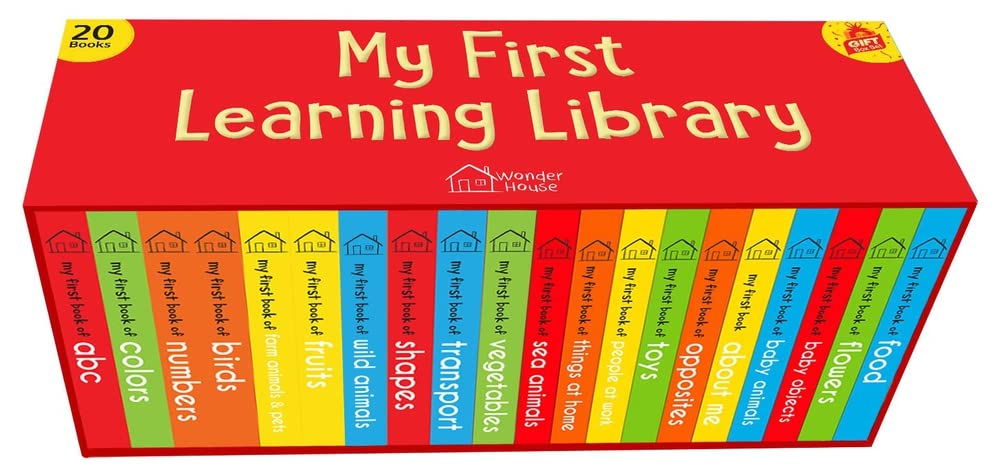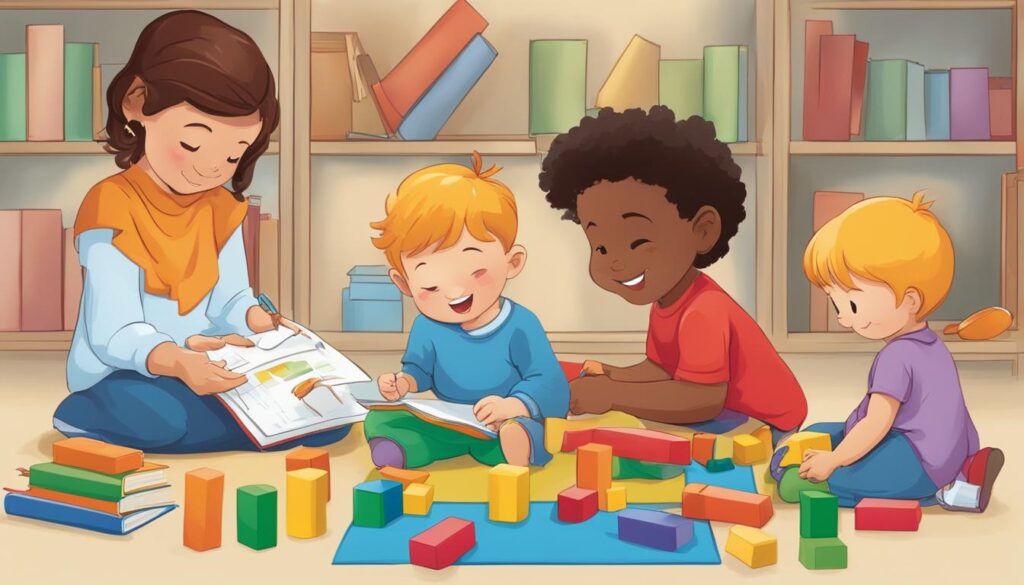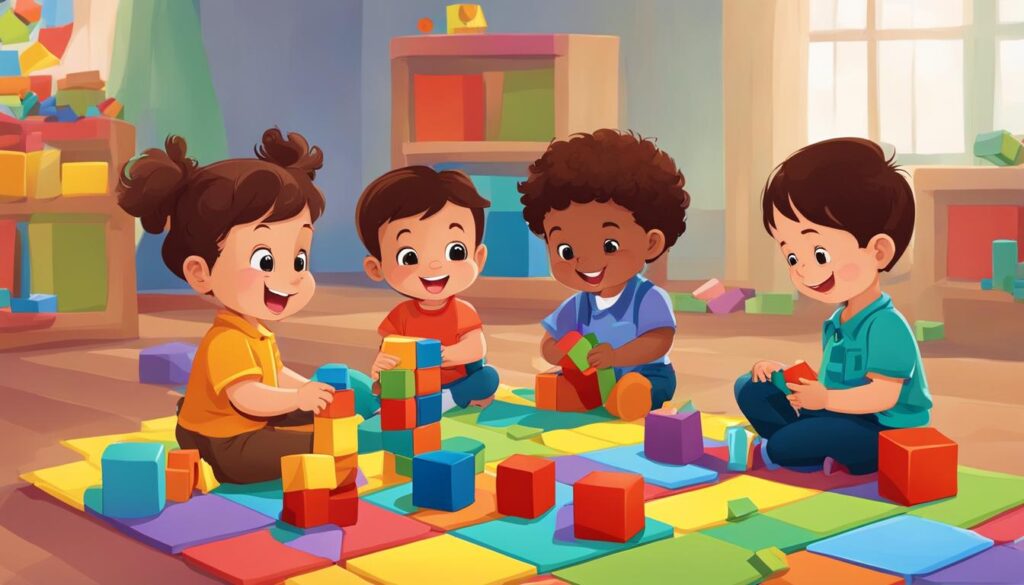Preparing your child for kindergarten is an exciting milestone that requires careful consideration and planning. Kindergarten readiness encompasses more than just academic skills; it involves the development of various strengths and abilities in children. As a parent, I understand the importance of ensuring that my child is well-prepared for this new chapter in their education.
When it comes to preparing your child for kindergarten, there are several key aspects to focus on. In this article, I will share valuable tips and insights to help you foster your child’s independence, teach them self-help skills, instill a sense of responsibility, establish routines, and promote a love for reading. By addressing these areas, you can confidently set your child up for success in their kindergarten journey.
Developing Literacy Skills
Literacy skills play a crucial role in promoting kindergarten readiness. To ensure that your child is well-prepared for their first year of school, it’s important to focus on developing a range of literacy skills. These skills include:
- Speaking using complete sentences
- Following directions with multiple steps
- Identifying some letters of the alphabet
- Pretending to read books
- Including multiple ideas in sentences
- Recognizing their name in print
- Repeating familiar nursery rhymes or songs
- Recognizing rhyming words
- Enjoying listening to stories
- Expressing needs and wants verbally
- Identifying familiar logos and signs
These skills are essential for kindergarten readiness as they lay the foundation for reading, writing, and communication. By focusing on developing these skills at home, you can support your child’s learning journey and ensure they have a solid foundation for success in school.

There are several activities you can do to promote literacy skills:
- Reading together: Set aside dedicated time each day to read with your child. Choose age-appropriate books that feature colorful pictures, engaging stories, and rich vocabulary. Encourage your child to ask questions, make predictions, and retell the story in their own words.
- Introducing the alphabet: Help your child become familiar with the letters of the alphabet. Use flashcards, magnetic letters, or alphabet blocks to introduce and practice letter recognition. Sing the alphabet song together and point out letters in their environment, such as street signs or cereal boxes.
- Practicing writing: Provide opportunities for your child to practice writing their name, simple words, and sentences. Start with tracing and gradually move to independent writing. Encourage your child to write shopping lists, notes, or even short stories.
By incorporating these activities into your daily routine, you can actively promote your child’s kindergarten readiness and pave the way for a successful transition to school.
“Children who have developed strong literacy skills are better equipped to navigate the demands of kindergarten and beyond.”

Testimonials:
“Thanks to the emphasis on literacy skills at home, my daughter was fully prepared for kindergarten. She loves reading, and it has made a huge difference in her overall development.”
– Sarah, Parent
“As a kindergarten teacher, I can see the difference in children who come to school with strong literacy skills. It sets a foundation for their academic success throughout their school years.”
– Emily, Kindergarten Teacher
Building Math Skills
Alongside literacy skills, developing basic math skills is essential for kindergarten readiness. Children should have a solid foundation in counting, shape recognition, and understanding basic concepts like less than and more than. They should also be able to name colors and classify items based on different characteristics. By engaging in interactive activities and games, children can strengthen their math skills in a fun and engaging way.
Counting together is a great way to reinforce numeracy skills. Whether it’s counting objects in the environment or practicing counting aloud, this activity helps children become comfortable with numbers and their sequencing. Additionally, playing math games such as counting games and number recognition activities can make learning math enjoyable and interactive.
Another effective method to foster math skills is by incorporating shapes and colors into daily activities. Encourage your child to identify and name shapes in their surroundings, such as circles, squares, and triangles. You can also use everyday objects to discuss their colors, reinforcing color recognition. By integrating these concepts into their routine, children will enhance their math readiness for kindergarten.

| Math Skills for Kindergarten Readiness | Activities to Develop Skills |
|---|---|
| Counting to 10 | Counting objects, singing number songs, using manipulatives |
| Classifying items | Sorting objects into categories, grouping items by similar attributes |
| Naming basic shapes | Pointing out shapes in the environment, playing shape recognition games |
| Understanding less than and more than | Comparing quantities using physical objects or visual aids |
| Naming colors | Identifying colors in everyday objects, making color-themed crafts |
Enhancing Motor Skills
Gross motor skills (larger movements) and fine motor skills (smaller movements) are crucial for kindergarten readiness. Children should be able to run, jump, hop, bounce a ball, climb stairs, and comfortably grip a pencil or marker. They should also be able to use scissors effectively.
Encouraging unstructured play, such as running at the park, can help children develop their gross motor skills. Activities that involve tearing paper, stringing beads, doing puzzles, and building with blocks can promote the development of fine motor skills. By engaging in these activities, children can enhance their coordination, dexterity, and overall motor skills, preparing them for the physical demands of kindergarten.
Conclusion
Preparing your child for kindergarten is an important milestone that can be approached with confidence and enthusiasm. By focusing on various aspects of readiness, such as independence, literacy, math, and motor skills, you can ensure that your child is well-equipped for this new chapter in their education journey.
Creating a positive and supportive environment for your child is key. Celebrate their unique strengths and abilities, and provide ample opportunities for learning and growth. Encourage independent thinking and problem-solving while fostering a love for reading and learning. By nurturing their curiosity and empowering them to explore the world around them, you are promoting kindergarten readiness.
It’s important to note that kindergarten readiness is not solely about academic skills. It’s a holistic approach that acknowledges the social, emotional, and physical development of your child. Remember to engage in activities that promote their motor skills, encourage imagination and creativity, and provide opportunities to interact with peers.
With these strategies in place, your child will not only be ready to thrive in kindergarten but also lay a strong foundation for future success in their educational journey. Early education readiness is a lifelong investment in their growth and development. Embrace this exciting chapter in your child’s life and watch them flourish in kindergarten and beyond.
FAQ
What does kindergarten readiness encompass?
Kindergarten readiness encompasses more than just academic skills. It involves the development of various skills and strengths in children.
How can I prepare my child for kindergarten?
You can prepare your child for kindergarten by fostering independence, focusing on self-help skills, teaching responsibility, establishing routines, and reading aloud to your child.
What should children be able to do in terms of literacy skills?
Children should be able to speak using complete sentences, follow directions with multiple steps, identify some letters of the alphabet, pretend to read books, include multiple ideas in sentences, recognize their name in print, repeat familiar nursery rhymes or songs, recognize rhyming words, enjoy listening to stories, express needs and wants verbally, and identify familiar logos and signs.
How can I help develop literacy skills in my child?
You can help develop literacy skills in your child by reading together, introducing the alphabet, and practicing writing.
What basic math skills should children have for kindergarten readiness?
Children should be able to count to 10, classify items by different characteristics, name basic shapes, understand the concepts of less than and more than, and name colors.
How can I help develop math skills in my child?
You can help develop math skills in your child by counting together, playing math games, and engaging in activities that involve shapes and colors.
What gross motor skills and fine motor skills are important for kindergarten readiness?
Gross motor skills include running, jumping, hopping, bouncing a ball, climbing stairs, while fine motor skills involve comfortably gripping a pencil or marker and using scissors.
How can I help enhance motor skills in my child?
You can help enhance motor skills in your child by encouraging unstructured play, such as running at the park, and engaging in activities that involve tearing paper, stringing beads, doing puzzles, and building with blocks.
